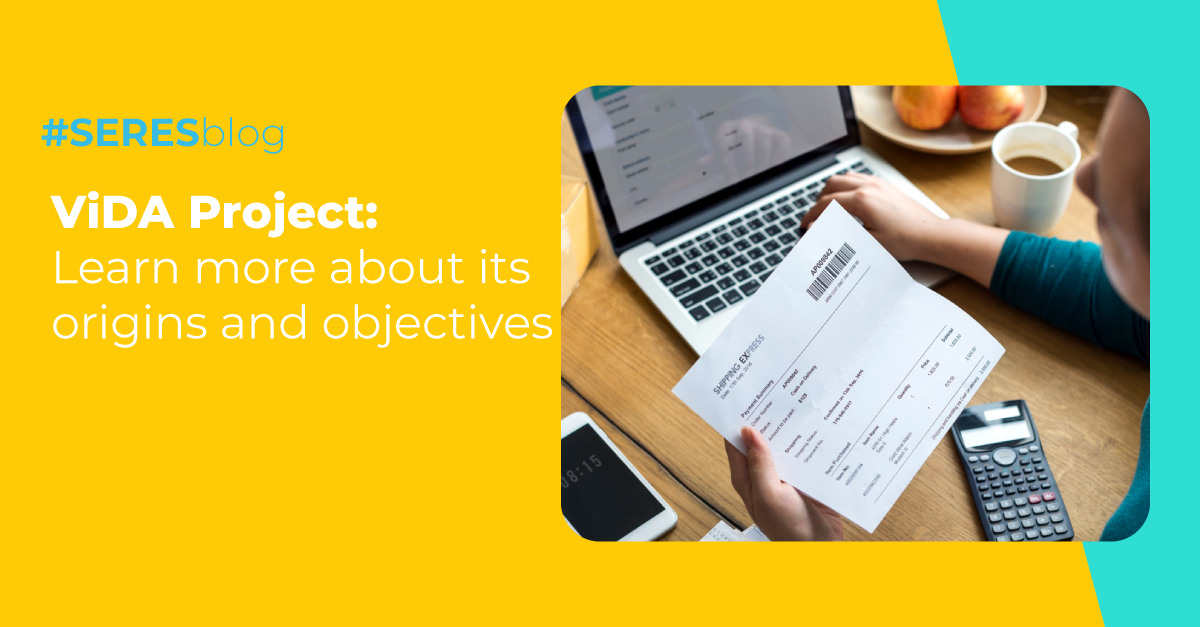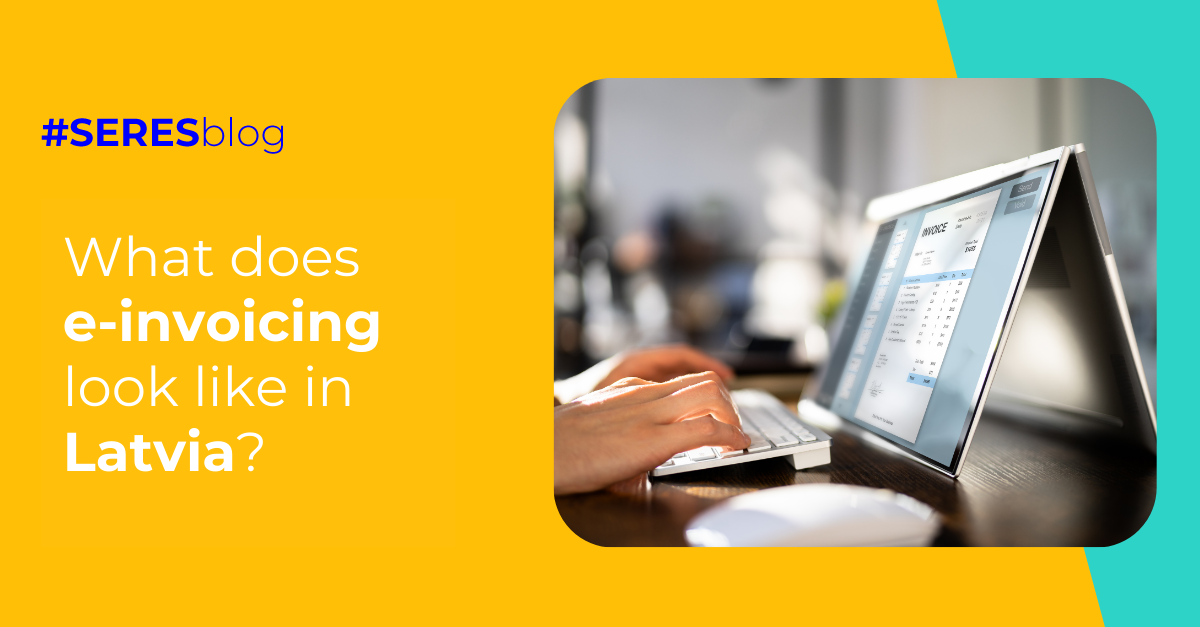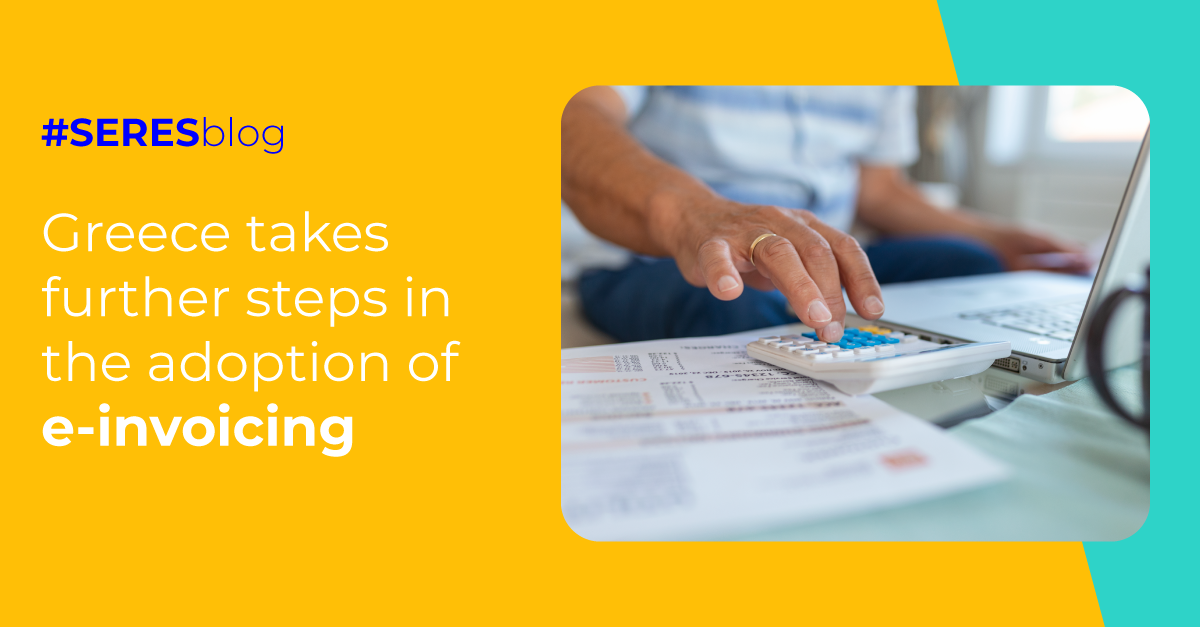A consultation on e-invoicing in the UK is expected to begin in 2025
On 23 September, HM Revenue & Customs (HMRC) announced the commencement of a consultation process with the objective of promoting the adoption of e-invoicing by government administrations and businesses.
The final date for the start of the consultation will be announced on 30 October, when the autumn budget is presented. Nevertheless, there is conjecture that it will commence in spring 2025.
It is anticipated that the official launch of e-invoicing in the UK will be postponed until 2029. This is based on the assumption that it will be introduced on a gradual basis, with larger companies being the first to adopt it, followed by smaller companies a year later.
In regard to the billing model, it is probable that the UK will adopt a voluntary standards approach, including PEPPOL. Furthermore, it may adopt a similar approach to that of Belgium, implementing a two-step model.
Businesses can use the PEPPOL network to send business-to-business e-invoices. Digital reporting to the tax authorities with e-invoice details will be added later.
Another of the government's pending tasks is to close the £8.2 billion VAT gap. In order to achieve this, it is assessing the possibility of establishing nationwide rules and making e-invoices mandatory in all areas. It should be noted that UK taxpayers can already voluntarily use e-invoices in B2B transactions if there is a mutual agreement between the parties.
The background to e-invoicing in the UK
E-invoicing in the United Kingdom began to take shape in 2010 with the establishment of the National e-Invoicing Forum. This forum aimed to promote electronic invoicing in both the public and private sectors of the country.
The initiative gained significant relevance with the national implementation of Directive 2014/55/EU, which focused on e-invoicing in public procurement. This was followed in 2015 by the adoption of the Small Business, Enterprise and Employment Act, which enabled the regulation of e-invoicing in the business-to-government (B2G) sector.
There is currently no single or central platform for e-invoicing in the UK, but if e-invoicing is introduced, central and local government will be able to:
- Use a supplier solution based on a three-cornered model, where they work on a common platform and are supported by agreements with other suppliers.
- Set up an internal e-invoicing system for direct submission.
England
In England, e-Invoicing is only mandatory in the healthcare sector. The National Health Service (NHS) is phasing in e-Invoicing for different types of healthcare providers.
In addition, all healthcare providers are required to have a Peppol Access Point to operate within the Peppol network and a GLN (Global Location Number) and GTIN (Global Trade Item Number) code for their products and services.
Scotland
The government offers an e-invoicing solution called PECOS P2P, which accepts PDF invoices that have been generated and issued by a supplier. PECOS P2P also converts them into an XML file.
Wales
Thanks to the efforts of the eProcurement Service, the adoption of electronic invoicing is progressing rapidly. The public sector has embraced a range of solutions such as Finance/P2P, EDI or Smart PDF. In addition, the Crown Commercial Service (CCS) has offered public sector organisations a PEPPOL framework to streamline the introduction of e-invoicing.
What is Making Tax Digital?
Making Tax Digital is a programme that requires businesses to submit their VAT returns to HMRC electronically using compatible software.
From 1 April 2022, businesses with a turnover of less than £85,000 will be required to file their VAT returns electronically. In addition, by April 2026, small businesses, the self-employed and property owners with an income of more than £50,000 will be required to keep digital records and provide quarterly updates. Similarly, those with an income between £30,000 and £50,000 will have to meet these requirements from April 2027.
.


